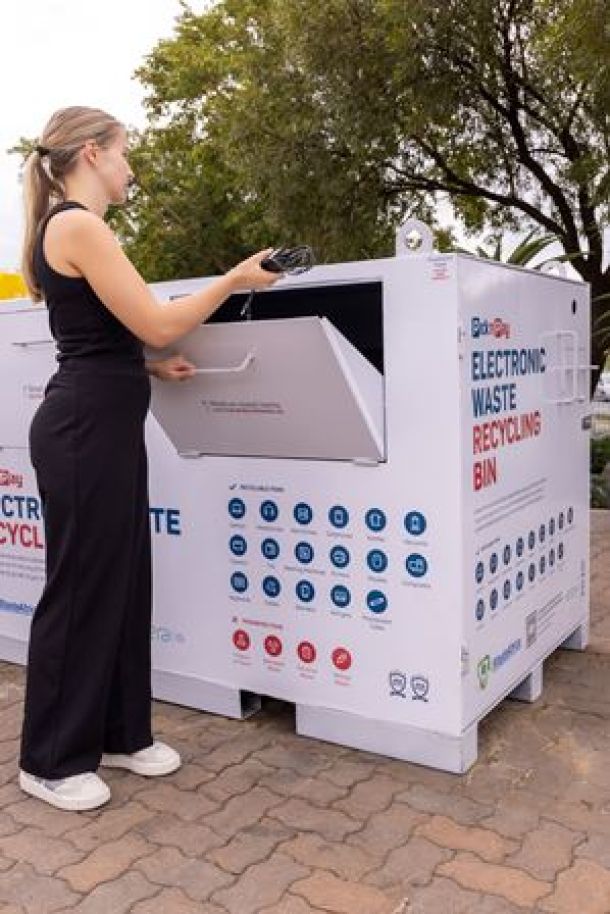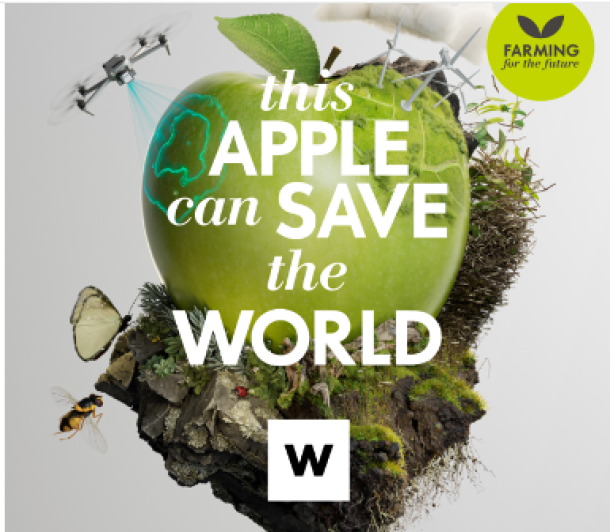Milk-based packing ticks lots of boxes
Much of the plastic packaging used for food can be recycled, from egg containers, to milk jugs, to butter tubs. But what about that thin plastic film stretched around wedges of cheese or rib-eye steaks?
That kind of plastic is tougher to recycle and might even be adding harmful chemicals to food. And it is not very good at doing what it is supposed to do, prevent food spoilage.
Researchers are investigating alternative forms of food packaging — the kind that can be eaten. US Department of Agriculture researchers have discovered that a milk protein called casein can be used to develop an edible, biodegradable packaging film.
The casein-based film is up to 500 times better than plastic at keeping oxygen away from food because proteins form a tighter network when they polymerise, the researchers found. It is also more effective than current edible packaging materials made from starch and protects food products that are sensitive to light.
"Everything is in smaller and smaller packaging, which is great for grabbing for lunch, for school, but then it generates so much waste," says Laetitia Bonnaillie, a US department of agriculture researcher who co-led the casein packaging research. "Edible packaging can be great for that."
To produce a more practical packaging material, the team added glycerol and citrus pectin to the casein film, which is made by spreading a mixture of water and commercially available casein powder.
Glycerol made the protein film softer, and citrus pectin added more structure to the film, allowing it to better resist humidity and high temperatures. Bonnaillie says the additives used by researchers also distinguishes their packaging, because pectin is healthy.
Flavourings, vitamins, and other additives can be used to make the packaging and the food it surrounds tastier and more nutritious.
One of the potential applications could be as a dissolving packet of dried coffee or soup. Instead of tearing the top off and pouring it out, the whole thing can be dropped in hot water, and it dissolves. Another is as single-serve food wrappers that use large amounts of plastic for such products as cheese sticks.
"I use these a lot, and my thought every time is there’s almost more plastic than cheese," Bonnaillie says.
Because the casein film dissolves in water, one of the main drawbacks to single-serve pouches is that they would need larger, nondissolving plastic or cardboard containers to keep them clean and dry. Bonnaillie says many packages already have an outer layer, however, so in a multilayer system with secondary packaging, casein would still help the environment.
Casein in liquid form can serve as packaging and food. It can be sprayed onto cereal flakes and bars. Many cereals currently maintain their crunch because of a sugar coating but could achieve the same goal without sugar using the milk protein.
It could even be used to line pizza boxes. While the US Food and Drug Administration banned perfluorinated chemicals, which used to coat the cardboard surrounding pizza, a sprayed-on casein coating could serve as an alternative product to prevent grease and stains.
Unless companies try finding their own applications of the casein packaging, it will be many years before the US agriculture department researchers can make it available, Bonnaillie says.
She says they are at the very beginning of a process of finding applications for a product that has the potential to be "so much better than plastic".
Bloomberg
News Category
- International retailers
- On the move
- Awards and achievements
- Legislation
- Wine and liquor
- Africa
- Going green
- Supplier news
- Research tools
- Retailer trading results
- Supply chain
- Innovation and technology
- Economic factors
- Crime and security
- Store Openings
- Marketing and Promotions
- Social Responsibility
- Brand Press Office
Related Articles

Pick n pay upcycles air-conditioning systems, s...

Shoprite Group opens pathways to job opportunit...

Pick n Pay empowers shoppers in the fight again...

Massmart implements early leak detection techno...


